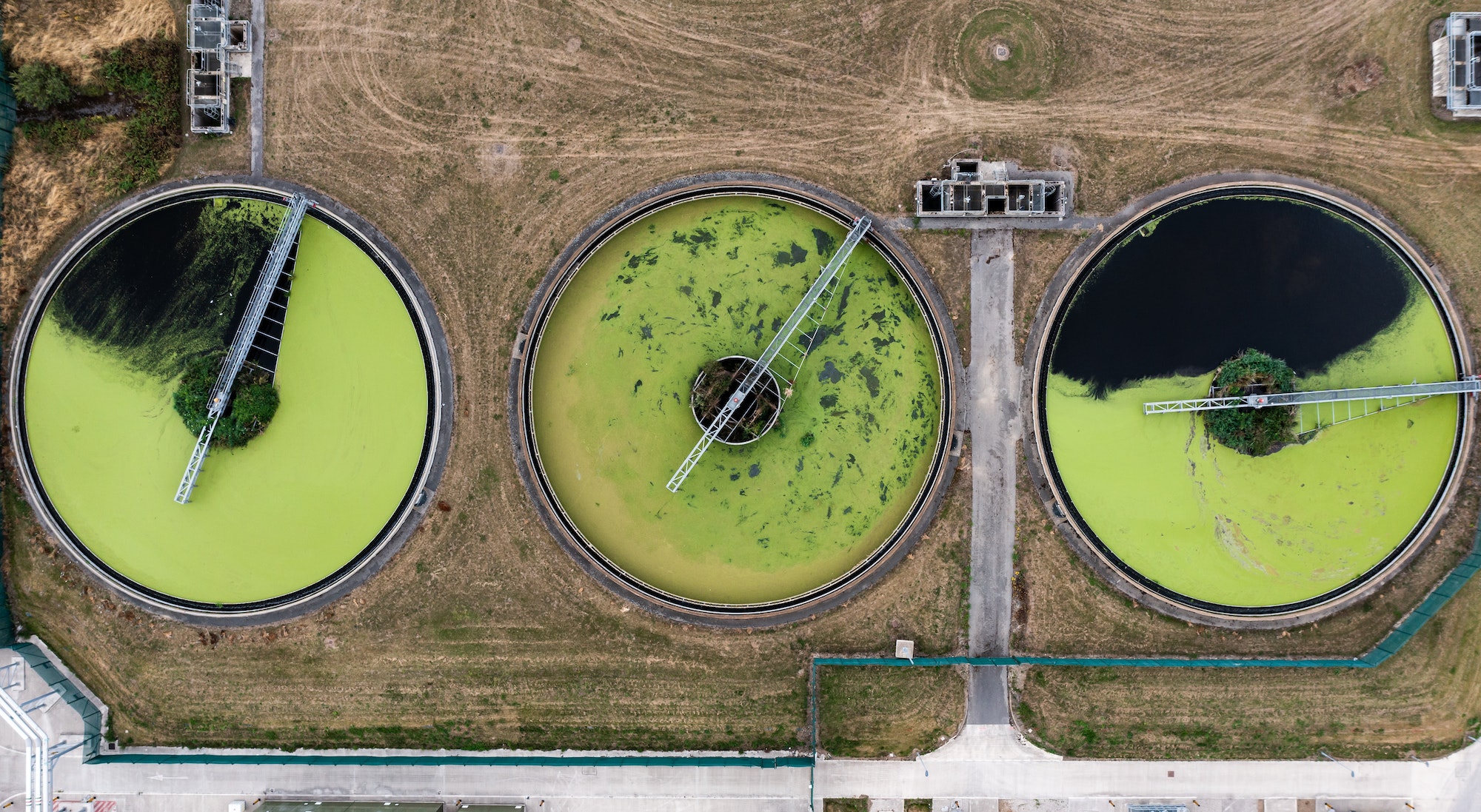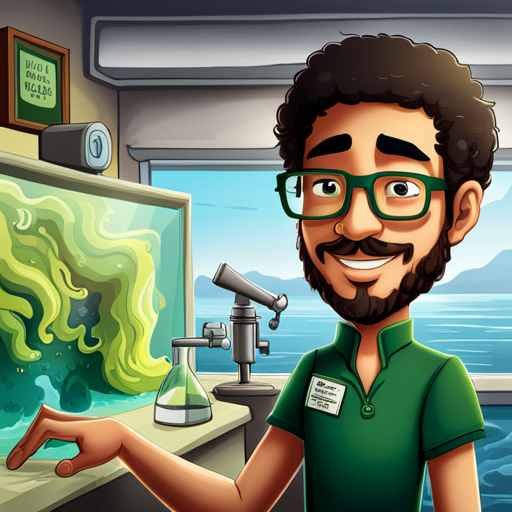Algae-based wastewater treatment has emerged as a promising solution to address the challenges of water pollution and scarcity. This innovative approach utilizes microalgae’s natural ability to remove nutrients and contaminants from wastewater, converting them into valuable biomass products such as biofuels, fertilizers, and animal feeds. Algae-based treatment systems offer significant advantages over conventional methods, including lower energy consumption, reduced sludge production, and minimal chemical usage. Despite these benefits, scaling up pilot projects to large-scale implementation remains a major challenge due to technical, economic, and regulatory barriers.
One of the primary technical challenges facing algae-based wastewater treatment is achieving consistent and efficient biomass growth. Factors such as temperature, light intensity, nutrient concentrations, and pH levels can significantly impact microalgae growth rates, making it difficult to maintain optimal conditions in large-scale systems. Researchers are exploring various strategies to enhance growth performance, including genetic engineering of microalgae strains, advanced cultivation techniques like photobioreactors and raceway ponds, and optimizing environmental parameters through machine learning algorithms.
Another technical issue is the efficient harvesting and processing of microalgal biomass. Traditional methods like centrifugation and filtration can be energy-intensive and costly when applied at a large scale. Recent advances in harvesting technologies, such as flotation, flocculation, and ultrasonic separation, offer potential improvements in energy efficiency and cost-effectiveness. However, further research is needed to optimize these techniques for large-scale applications.
Economic challenges also pose significant hurdles to the widespread adoption of algae-based wastewater treatment. The capital and operating costs associated with constructing and maintaining large-scale algal systems can be substantial. To offset these expenses, it is crucial to develop value-added bioproducts derived from the harvested biomass. In addition to biofuels like biodiesel and biogas, microalgae can produce high-value compounds such as proteins, lipids, pigments, and antioxidants that have applications in food, pharmaceutical, and cosmetic industries. Developing efficient extraction and processing methods for these bioproducts is essential to improve the overall economic viability of algae-based treatment systems.
Regulatory challenges also impact the scalability of algae-based wastewater treatment projects. In many countries, stringent regulations govern wastewater discharge standards and the use of microorganisms in treatment processes. Additionally, the commercialization of algal bioproducts often requires approval from various regulatory agencies like the Food and Drug Administration (FDA) or the Environmental Protection Agency (EPA). Navigating these complex regulatory landscapes can be time-consuming and costly for project developers.
Despite these challenges, the future prospects for algae-based wastewater treatment are promising. Continued research and development efforts are focusing on overcoming technical barriers, improving system efficiency, and reducing costs. Emerging technologies like synthetic biology and nanotechnology offer potential breakthroughs in enhancing microalgae growth performance and developing novel bioproducts.
Collaboration among academia, industry, and government agencies is critical to advancing this field. Public-private partnerships can help facilitate technology transfer, provide funding support, and streamline regulatory approvals. Pilot projects that demonstrate the feasibility and benefits of algae-based wastewater treatment at a large scale can also help attract private investment and drive market demand for algal bioproducts.
In conclusion, algae-based wastewater treatment presents a promising solution to address global water pollution and scarcity challenges. However, scaling up pilot projects to large-scale implementation remains a significant challenge due to technical, economic, and regulatory barriers. Overcoming these obstacles will require continued research and development efforts, collaboration among stakeholders, and supportive policies that promote innovation in this emerging field.


